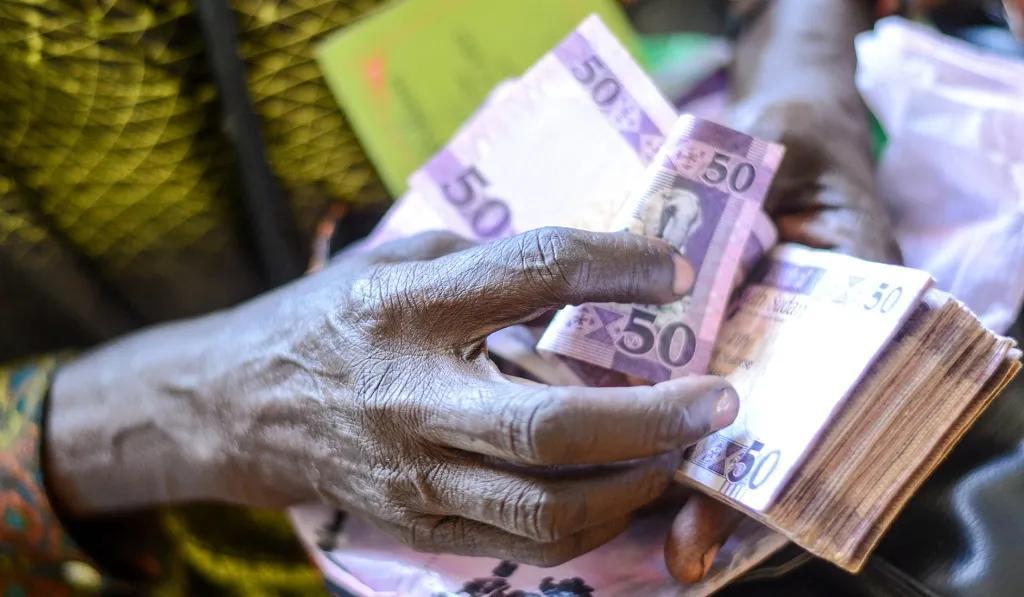Africa-Press – South-Sudan. The Bank of South Sudan has vowed to address the ongoing liquidity shortage affecting banks “once and for all.”
The financial regulator says it has a clear strategy aimed at bringing back the large amounts of cash circulating outside the formal banking system.
In recent weeks, many South Sudanese have reported difficulties withdrawing large sums of cash, citing a shortage of liquidity at banks. Dr. Addis Ababa Otho, the First Deputy Governor of the Bank of South Sudan, acknowledged the problem, attributing it to the significant volume of cash held outside the banking system.
“The cash in circulation that is outside the banking system is huge. What we do now as a central bank is to ensure that we bring back all this cash into the banking system,” Dr. Otho said on Tuesday during a meeting involving the Ministry of Finance, accounting officers, and the Central Bank.
While he did not detail the strategy, he said the a need for collaboration with commercial banks and other financial institutions to ensure a coordinated approach.
Dr. Otho expressed confidence that once the strategy is implemented, liquidity challenges will be resolved permanently. “We have a vision that will address this issue of liquidity, and we will address it once and for all,” he said.
The Bank of South Sudan and commercial banks have reaffirmed their commitment to strengthening cooperation within the financial sector.
Earlier this year, the central bank launched a National Instant Payment system to facilitate faster transactions among individuals, businesses, and government institutions.
Additionally, the Financial Intelligence Unit, part of the National Security Service’s Internal Bureau, recently issued a directive warning individuals against holding large amounts of cash outside the banking system, threatening punitive measures for violators.
However, some experts remain skeptical. Economist Ahmed Morgan, who lectures at the University of Juba, told Eye Radio that public mistrust of the financial system and ongoing political instability may hinder efforts to resolve liquidity issues.
He also pointed to declining economic activity and low commercial bank investment as obstacles to effective monetary regulation.
For More News And Analysis About South-Sudan Follow Africa-Press






